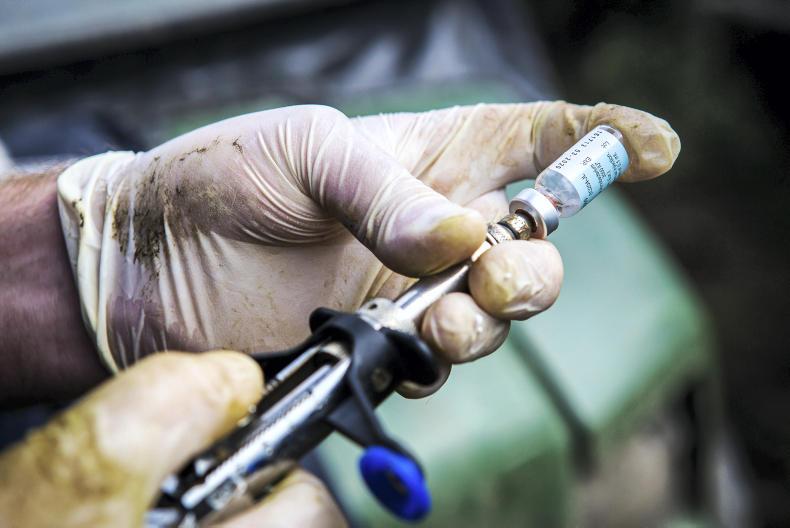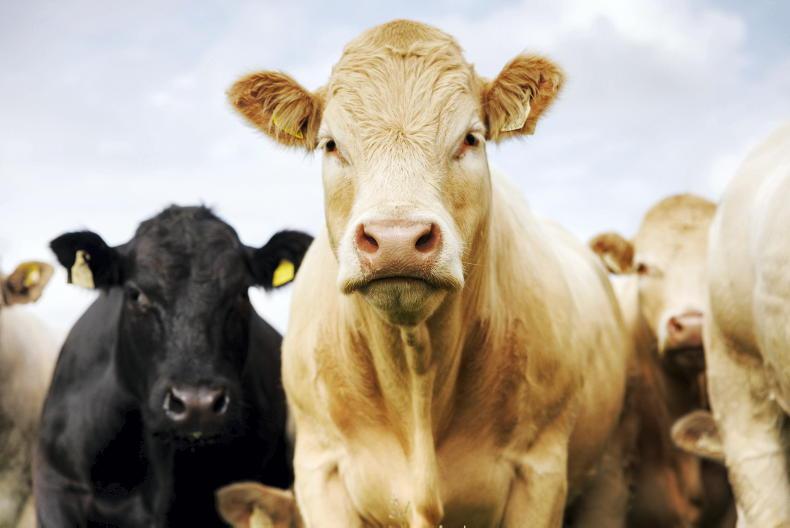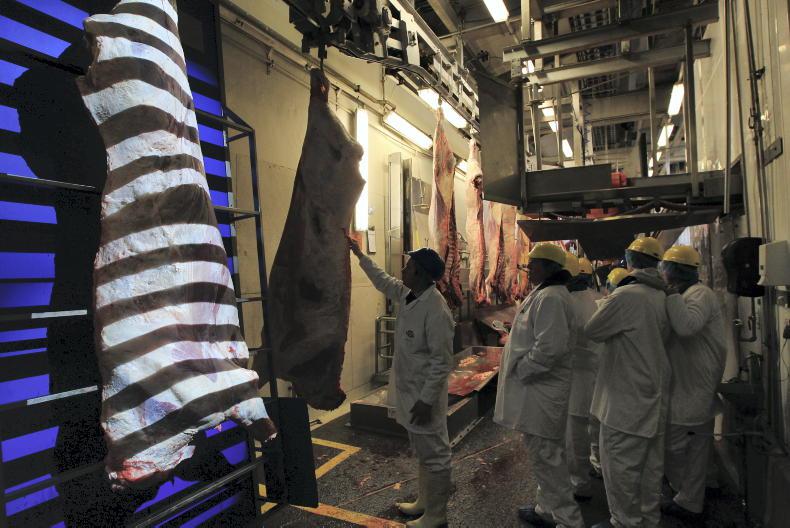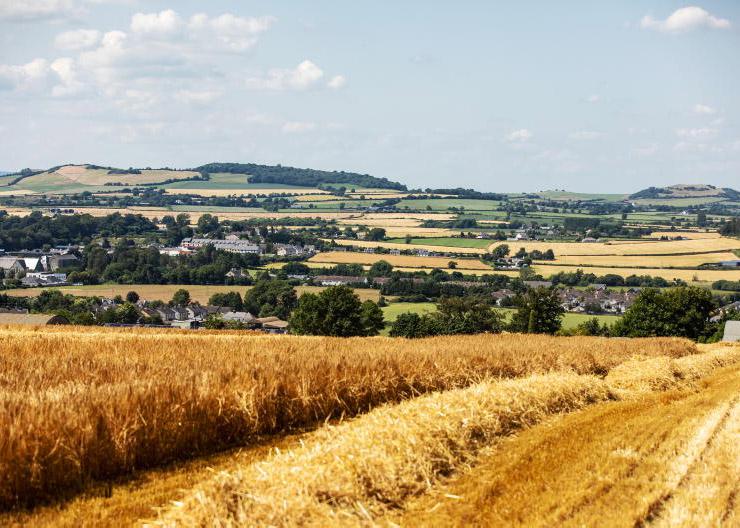Cattle herds with a recent history of TB could be required to carry out pre-movement TB tests up to 60 days before a planned movement.
A review carried out by the Department of Agriculture has said that in order to meet the target of TB eradication by 2030, stricter protocols will have to be put in place.
The pre-movement test is based on research that showed that a herd derestricted after a TB breakdown has a 30% chance of going down with TB again within three years.
Other suggested measures include a tailored TB risk management plan to help mitigate disease transmission and a “thorough investigation into the source of the disease.”
On average, between 15,000 and 17,000 positive TB reactor animals are culled each year.
Although farmers are entitled to compensation for culled animals, the cost of the TB programme has been criticised by many farmers.
The report estimated that without putting stricter measures in place, at current rates it would take 60 to 70 years to fully eradicate TB
Last year, €91.7m was spent on the scheme. This was split between €46.8m from Exchequer funding, €9.7m co-financed by the European Union and €35.2m paid by farmers.
The farmer contribution included a cost of €28m paid by farmers directly to vets for TB testing and €7m in bovine disease levies. The overall cost of the programme has increased by €8.2m since 2015.
Despite the rising costs, the report estimated that without putting stricter measures in place, at current rates it would take 60 to 70 years to fully eradicate TB.
“TB levels in Ireland are at historic lows at present (c. 3.5% of herds affected), but the progress has flat-lined in recent years,” the report said.
It also flagged concern for continued EU funding, which is contingent on showing an improvement on TB figures.
The standard policy of the EU is a 20% financial penalty, which would result in a drop of €6.6m in funding.










SHARING OPTIONS